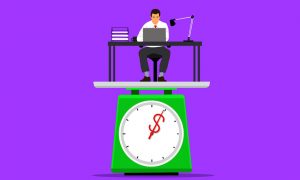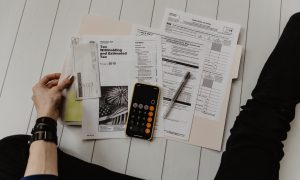Millions of people lost their jobs in 2020 and discovered how difficult it was to find new work when entire industries were affected by COVID-19. Some emergency relief helped people stay afloat for a few months, but many of those bill-paying extensions and hardship programs have ended. If you lose...
7 steps to take right away If you lose your paycheck







